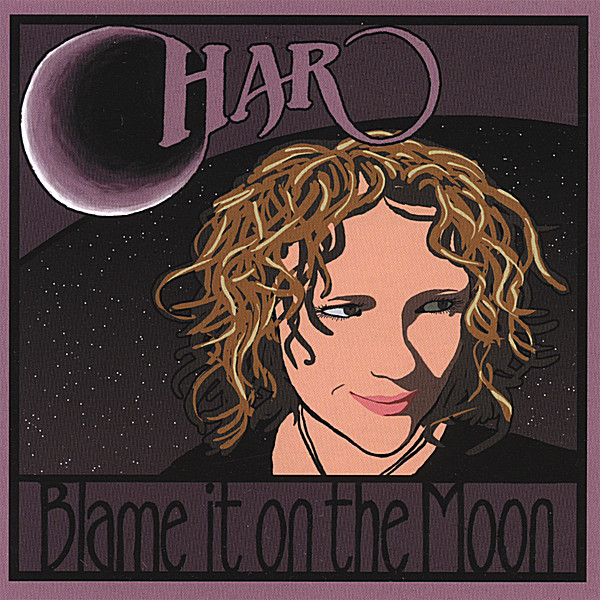
Long, Carolyn Morrow
product information
description
8Legendary for an unusual combination of spiritual power, beauty, charisma, showmanship, intimidation, and shrewd business sense, Marie Leveau also was known for her kindness and charity, nursing yellow fever victims and ministering to condemned prisoners, and her devotion to the Roman Catholic Church. In separating verifiable fact from semi-truths and complete fabrication, Carolyn Morrow Long explores the unique social, political, and legal setting in which the lives of Laveau's African and European ancestors became intertwined in nineteenth-century New Orleans.
member goods
No member items were found under this heading.
listens & views

ENTERTAINMENTS FOR SMALL FLUTE
by LAURIN / BABELL / WOODCOCK / SAMMARTINI /BASTON
COMPACT DISC$19.99
Return Policy
All sales are final
Shipping
No special shipping considerations available.
Shipping fees determined at checkout.






